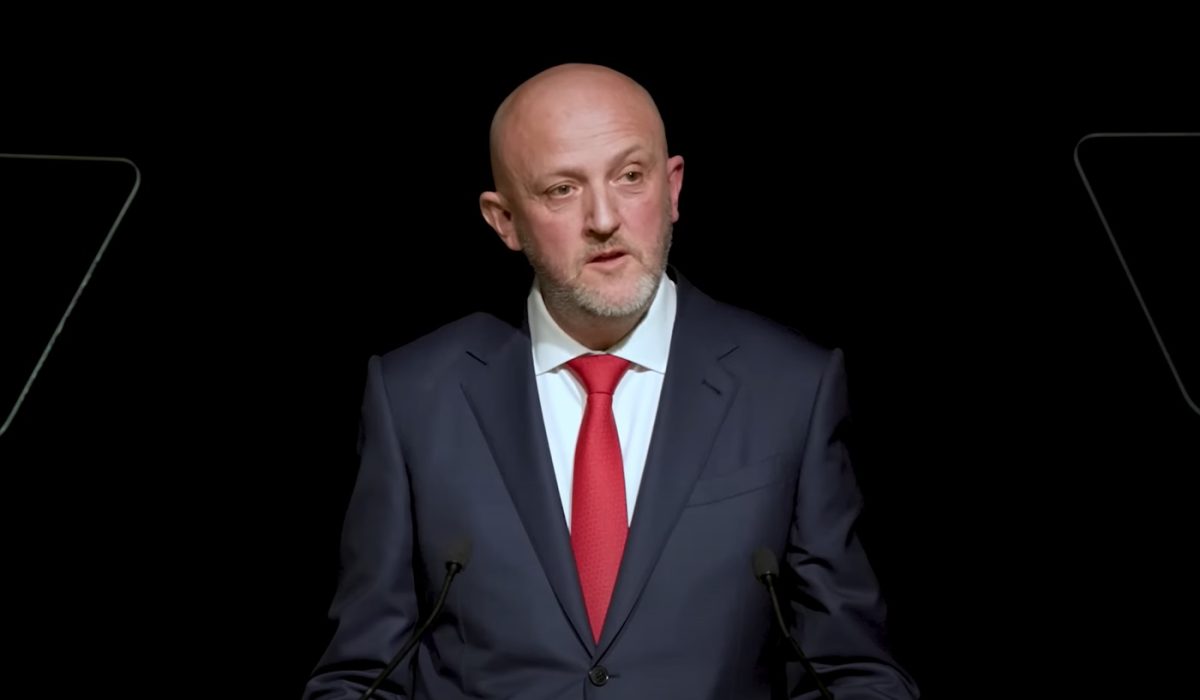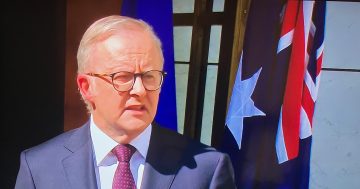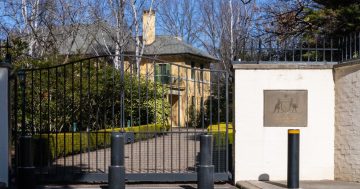
ASIO head Mike Burgess said the threat level had been raised due to increased political tensions and violence around the world. Photo: Screenshot.
Australia’s terror threat level has been raised to ‘probable’ for the first time in 10 years amid rising political tension and violence around the world.
The change was announced by Prime Minister Anthony Albanese, Attorney-General Mark Dreyfus and ASIO Director-General Mike Burgess at a press conference in Canberra this morning (5 August).
“More Australians are being radicalised and being radicalised more quickly,” Mr Burgess said.
“More Australians are willing to use violence to advance their cause. Politically motivated violence now joins espionage and foreign interference as our principal security concerns.”
Mr Burgess said the increased level was not triggered by any single issue or ideology. However, rising tensions in the Middle East following an escalation of the conflict in the past week and nationalist and neo-Nazi riots in northern England are believed to have contributed to the decision as these events may have emboldened groups or individuals with similar ideologies.
These events and others stemming from the recent UK elections, the looming US elections, and ongoing conflicts in Ukraine and elsewhere have seen people move to the extremes of both ends of the political spectrum.
Mr Burgess said the war in Gaza had been a “significant driver” of his decision to raise the level. Following attacks by Israel on Hamas and Hezbollah targets in Lebanon and Iran last week and on Houthi targets in Yemen the week before, the US has increased its military presence in the region in a bid to deter Iran from conducting reprisal attacks.
But he stressed the increased threat level does not mean ASIO has intelligence or knowledge of any specific threats or imminent attacks, just that tension levels had risen in the wake of these recent events.
He did say, however, that Australian agencies had disrupted eight incidents in the past four months that are being investigated as possible acts of terrorism, including actual or planned knife attacks carried out by people as young as 14.
Mr Albanese again called for the temperature of political debate in Australia to be lowered, saying increases in youth radicalisation, online radicalisation and the rise of “new mixed ideologies” had increased tension across the political spectrum.
He said Australians should be able to resolve differences peacefully and debate political issues like the conflict in Gaza peacefully.
“I want to reassure Australians probable does not mean inevitable, and it does not mean it is intelligence about an imminent threat or danger,” Mr Albanese said.
“[But] when the temperature of the security environment is rising, we must lower the temperature of debate.
“No one is suggesting people should have conformity to particular views, but the way people express things is important,” he said.
“It is not normal to have people in occupations for months outside electorate offices, where the work of those electorate offices is to assist people.”
Original Article published by Andrew McLaughlin on Riotact.











